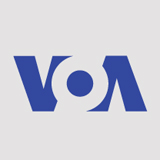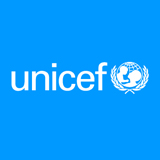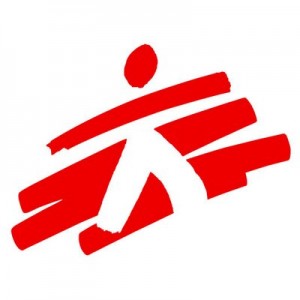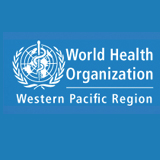WHO called to change infant infection guidelines
In disadvantaged areas, many children never reach hospital and around 60% of parents refuse hospital treatment for young infants or are unwilling to adhere to treatment regimens of injectable antibiotics.
Simplified Antibiotic Treatment Strategy Could Save Thousands of Babies
Now, new, more accessible drug regimens – combining oral and injectable antibiotics – given in outpatient settings appear to be just as effective as hospital care.
Babies with clinically suspected serious infections can be safely and effectively treated outside hospital
In light of these findings, WHO guidelines on the management of newborns and young infants with PSBIs should be modified, say the authors.
New Measures Identified for Newborn Care in Uganda
Recent evidence from local researchers in Uganda show that a cost-effective package of care linking families, government-mandated village health teams, and health facilities can improve life-saving practices during pregnancy, childbirth and in the first weeks of life.
Bangladesh: Exclusive breastfeeding for urban working mothers creates win-win situation for all
Through advocacy and technical support, selected garment factories integrated nutrition counseling and promotion in the workplace, developed support tools for mothers and created private space in the factory for mothers to breastfeed their infants.
Saving newborn babies, one embrace at a time
The First Embrace, a regional launch in 37 countries, says Dr. Silvestre, is taking off from the Philippine experience of changing the way we care for our babies, especially immediately after birth, as well as changing our practices for mothers.
Philippines: Midwife feels ‘Unang Yakap’ gains
EINC is a set of evidence-based practices recommended by the Department of Health (DOH), Philippine Health Insurance Corp. and the WHO as the standard of care in all births by skilled attendants in all government and private settings.
Afghanistan: A unit for “kangaroo mothers” in Kabul
The MSF maternity centre at the Dasht-e-Barchi hospital has forty-two beds, ten of them in the NICU and five for the kangaroo unit.
WHO First Embrace campaign to save more than 50,000 newborn babies a year in Western Pacific Region
First Embrace highlights early essential newborn care (EENC) – a package of actions and interventions that address the most common causes of newborn death or disease, such as prematurity (being born too soon), low birth weight and severe infection.
Professional midwives set to improve maternal and child health in Bangladesh
“The people of Bangladesh need services at the community level,” explains Salma Khatun, an assistant professor of reproductive health who has been deputized by the government’s Directorate of Nursing Services.









